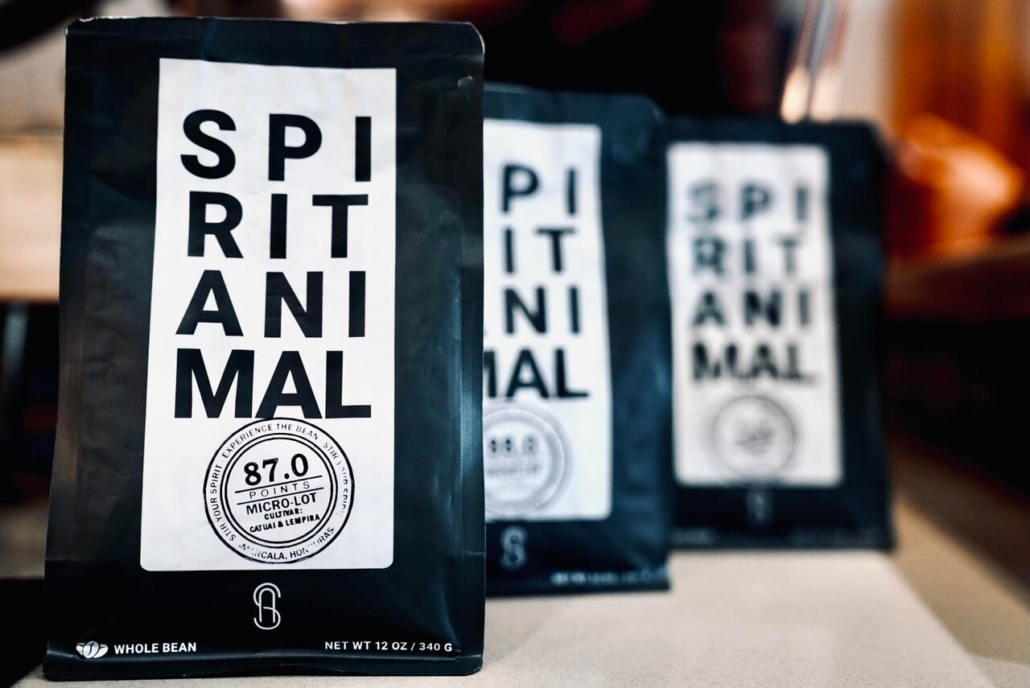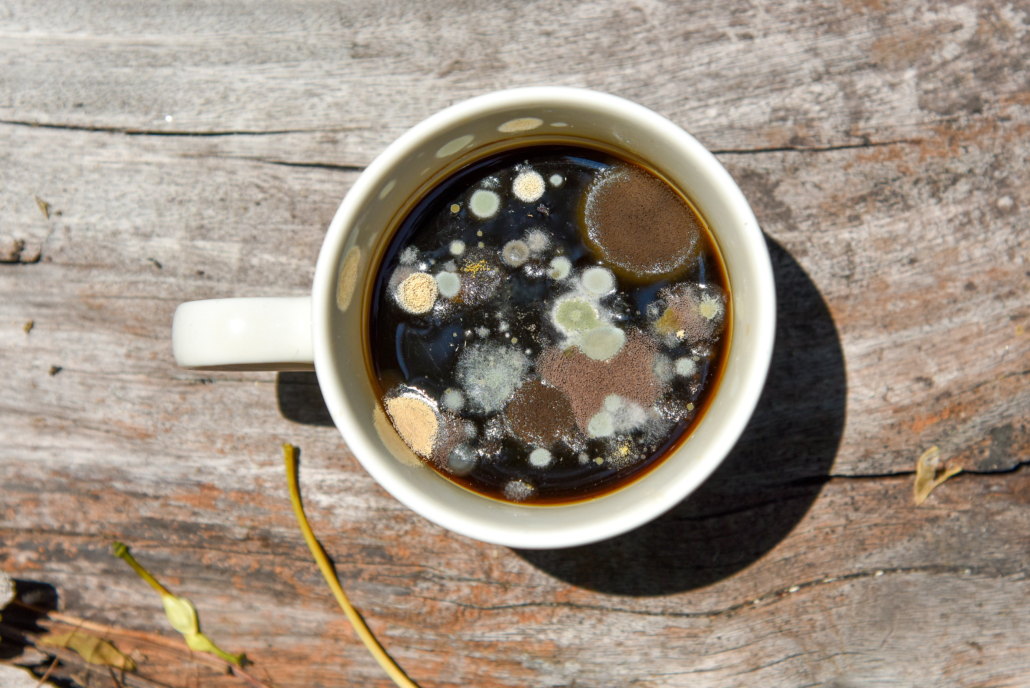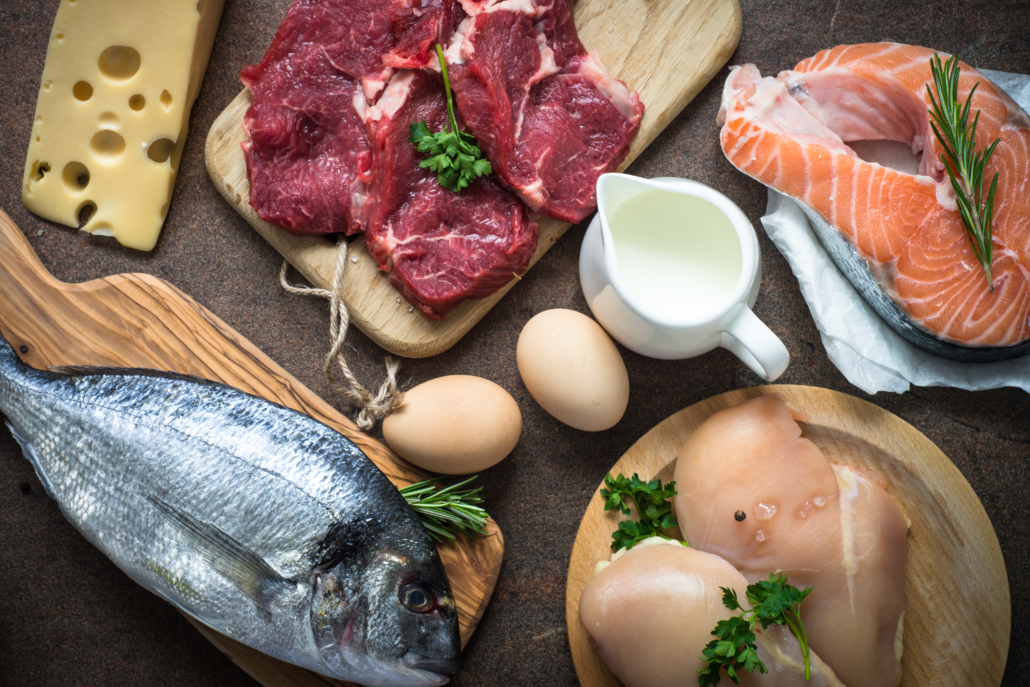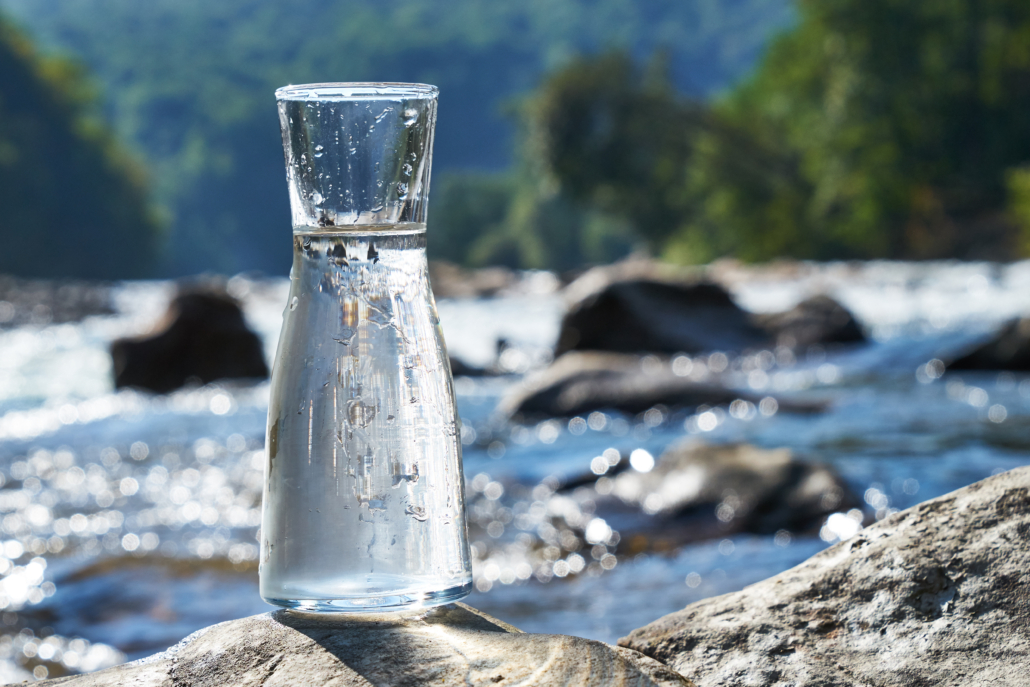We include products in articles we think are useful for our readers. If you buy products or services through links on our website, we may earn a small commission.
Coffee on Keto: Benefits and Keto Coffee Ideas
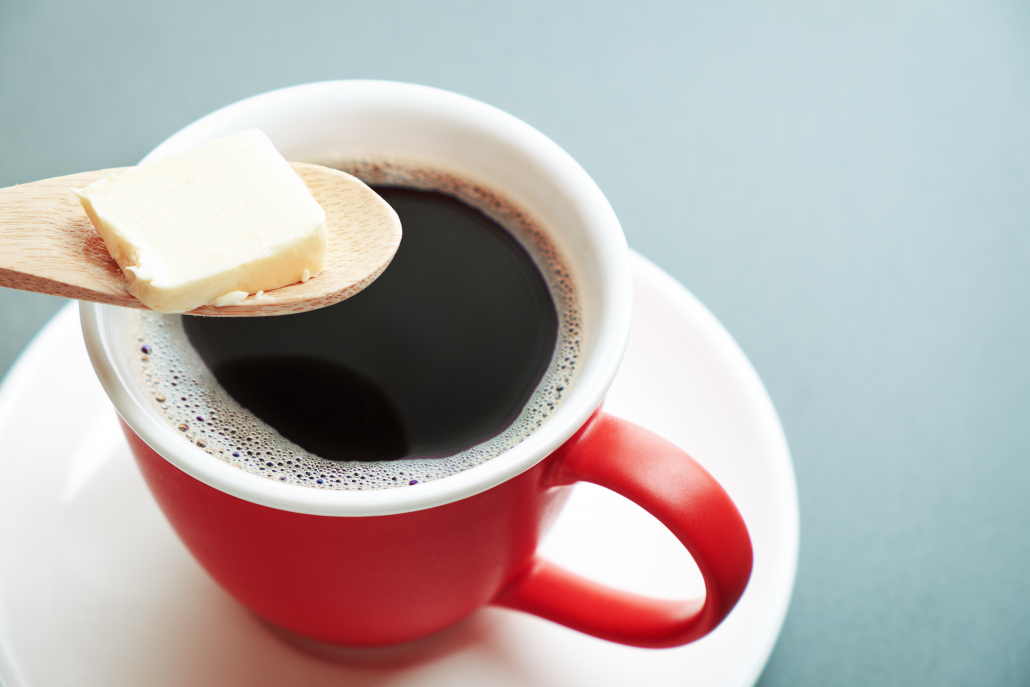
Most people interested in the ketogenic diet are wondering, “can I drink coffee on keto?”
If you’re one of the 62% of Americans who drink coffee daily, the thought of having to give up your morning ritual can be a red line. The good news is that coffee on keto is fantastic, as long as you prepare it in a keto-friendly way. There are even keto coffee ideas that provide extra support for your keto diet goals.
In this article, we’ll look at why coffee on keto is a good idea, the benefits, and how to prepare keto coffee.
Table of Contents
Can you Drink Coffee on Keto?
The short answer is yes! But there are caveats.
The ketogenic diet calls for macronutrient percentages that look like this:
- 75-80 percent calories from fat
- 15-20 percent calories from protein
- 0-10 percent calories from carbs
A single 8 oz. (1 cup) serving of black coffee has .1 grams of fat, 0 carbs, and .3 grams of protein. Black coffee on its own contributes essentially nothing in terms of macronutrients, making it totally acceptable on a keto diet.
Black coffee is already keto. But to make it more calorically dense and boost your macros, you can add healthy keto fats . More on this next.
Keto Coffee
Keto coffee is essentially any unsweetened coffee with added fat, including butter, heavy cream, half and half, and MCT oil.
A specific type of keto coffee known as “Bulletproof coffee” was popularized by healthy lifestyle guru Dave Asprey.
The original Bulletproof keto coffee is made with high-quality coffee combined with unsalted grass-fed butter and medium chain triglycerides (MCT) from refined coconut oil.
You can create your own version of keto coffee with these and other healthy keto fats and supplements like collagen powder, heavy cream, and ghee.
For people on a non-dairy version of the carnivore diet, tallow is an excellent option for fattening up your morning routine.
Let’s take a closer look at each of the key ingredients of keto coffee.
MCT oil/Coconut oil
MCT oil and coconut oil are both rich in fat. MCT oil contains exogenous ketones, and the medium chain triglycerides in coconut oil speed metabolism and promote ketosis.
Coconut oil has such powerful metabolic properties that in the 1950s cattle ranchers tried and spectacularly failed while using it in an attempt to fatten up their herds [19].
Heavy Cream and Butter
Butter and heavy cream are rich in dairy fats and very low in carbs. Grass-fed varieties of butter and cream are especially high in a type of fat called conjugated linoleic acid (CLA) [20].
Just 3 tablespoons of grass-fed heavy cream will contribute 354 mg of CLA, putting you in the optimal range of 350mg – to 1 gram RDA.
Grass-fed butter provides an even richer concentration of CLA with 246 mg per tbsp.
Meat and dairy that contains CLA contributes various benefits including [24][25][26][27][28]:
- Reduced body fat, increased lean muscle mass
- Reduced risk of atherosclerosis
- Boosts and maintains immune function
- Prevents and treats diabetes
- Supports bone formation and mineral density
Collagen/Gelatin
If one of your keto goals is slowing the aging process, consider adding collagen or gelatin to your keto coffee protocol.
These proteins are rich in certain ‘inhibitory’ amino acids that counteract the effects of ‘excitatory’ amino acids found in most muscle proteins. Numerous studies show that the amino acid in collagen called glycine provides anti-stress, anti-aging, and anti-inflammatory effects [22].
Keto (Bulletproof) Coffee Recipe

This simple keto coffee recipe is made with collagen peptides, ghee, and MCTs
Ingredients:
- 8 oz Strong Black Coffee
- 1-2 scoops of Collagen Peptides
- 1 tsp Grass-Fed Ghee
- 1 tsp MCT Oil
Directions:
Add all ingredients into a tall container and use an immersion blender to mix until creamy, enjoy!
Black Coffee and Espresso
Plain black coffee and espresso are also keto-friendly in that they contribute almost no carbs. Though short on fat, they provide all the powerful benefits of coffee listed below.
Benefits of Coffee on Keto
Far from getting in the way of your fasting routine, coffee accentuates the effects of intermittent fasting.
These benefits can be divided into a few different categories: [6]
- Metabolic benefits
- Cognitive benefits
- Anti-aging benefits
Metabolic Benefits
Coffee contains a compound called Chlorogenic acid believed to improve glucose metabolism by blocking the uptake of carbohydrates in the small intestine [17][18]. This means that coffee may support entering and maintaining ketosis.
Coffee on its own can promote metabolic health in similar ways as intermittent fasting [7][8].
Studies show that drinking coffee is associated with reduced risks of metabolic syndrome, a condition associated with chronic inflammation, high blood pressure, obesity, and hormonal imbalances. Fittingly, many people go keto for its proven effectiveness in treating and even reversing metabolic disorders. Together coffee and keto may enhance their respective benefits [9][10][11].
Drinking Coffee is also associated with reduced risks of type II diabetes. [11]
Cognitive Benefits of Coffee on Keto
One of the most popular reasons that people choose keto is that it promotes sustained mental clarity.
By supporting ketosis, coffee promotes brain-boosting hormones like BDNF-1 that can improve memory, creativity, and focus. Harvard neuropsychiatrist John J. Ratey calls BDNF “Miracle-Gro for the brain” [12].
Anti-Aging Benefits of Coffee
Combatting aging is another area where the benefits of keto and drinking coffee overlap.
Drinking coffee and practicing a ketogenic diet are both associated with reduced risks and slower progression of neurodegenerative diseases like Parkinson’s and Alzheimer’s disease [13].
A 2010 study found that “Coffee drinking of 3-5 cups per day at midlife was associated with a decreased risk of [dementia] by about 65% at late-life” [14].
When combining keto coffee with intermittent fasting, both work together to produce a cellular clearing process called autophagy. This process can protect the brain from becoming fibrotic, reducing the risk of cognitive decline [16].
Synergy of Benefits
Coffee on keto can enhance their respective and overlapping benefits [18][19][20]:
- The keto diet can lower BMI and body fat
- Coffee drinkers have less body fat and higher insulin sensitivity
- The keto diet dramatically reduces liver fat
- Drinking coffee protects the liver from damage from alcohol and Tylenol
- Coffee drinkers have lower levels of cadmium and other metals in their tissues
- A low-carb keto diet can boost endogenous antioxidant levels
- Coffee resembles the antioxidant uric acid’s chemical structure
- Keto can starve the cells of various cancers
- Coffee drinkers have lower rates of various cancers like thyroid and breast cancer
Coffee to Avoid on Keto
Coffee drinks that aren’t explicitly keto coffee are a no-go. This means popular choices like caffe latte and any coffee with whole milk (not cream) are off-limits.
To put this in numerical perspective, here are the carbs in popular non-keto lattes (tall size):
- caffe latte- 15 grams
- Vanilla latte- 27 grams
- caramel macchiato- 24 grams
- hazelnut mocha- 45 grams
Based on these carbs contents, a single sweetened and flavored coffee drink will eclipse most people’s carb allowance on keto.
If you just can’t fathom a good ol black coffee from Starbucks, an espresso (2 grams carbs), espresso macchiato (1.2 carbs), or Americano (2 grams carbs) are keto-friendlier options.
In addition to coffee drinks ordered out, homemade Caffe lattes with whole milk are also better avoided on keto. Whole milk is fatty, but it is still high in carbs and not keto-friendly.
How Does Caffeine Work?
If you’ve read this far you’re probably a real coffee lover. But do you know how the caffeine in coffee actually works to give you that energy boost?
Caffeine is active in the brain by binding to adenosine receptors in the brain. Adenosine is a chemical that builds up in the brain throughout the day. The more strenuous our mental and physical work, the more adenosine accrues. When it binds to the A1 receptor, we feel relaxed and sleepy.
Caffeine also binds to the A2A receptor, enhancing the release of dopamine which adds to the feeling of stimulation and motivation [11].
Drawbacks to Coffee on Keto
Though black coffee and keto coffee don’t interfere with your keto macro goals, there are some side effects from the caffeine in coffee to be aware of.
- Some drawbacks to caffeine include:
- increased blood pressure
- More intense headaches,
- acid reflux
increase the frequency of bowel movements (a plus if you’re experiencing keto constipation or carnivore diet constipation).
For both men and women seeking to conceive, too much caffeine can negatively affect fertility. Research suggests that to avoid fertility complications, it is best to limit your caffeine intake to 100 milligrams a day. That’s the amount of caffeine in 1 cup of black coffee.
Coffee on Keto: The Takeaway
In many ways, coffee on keto is a match made in dietary heaven–as long as you have it black, or prepared as keto coffee with low-carb keto fats like butter, MCTs, and cream.
Keto and coffee share, and may enhance, some of the respective benefits. Both coffee and keto can reduce inflammation, support and protect cognitive function, combat aging, and boost metabolism.












